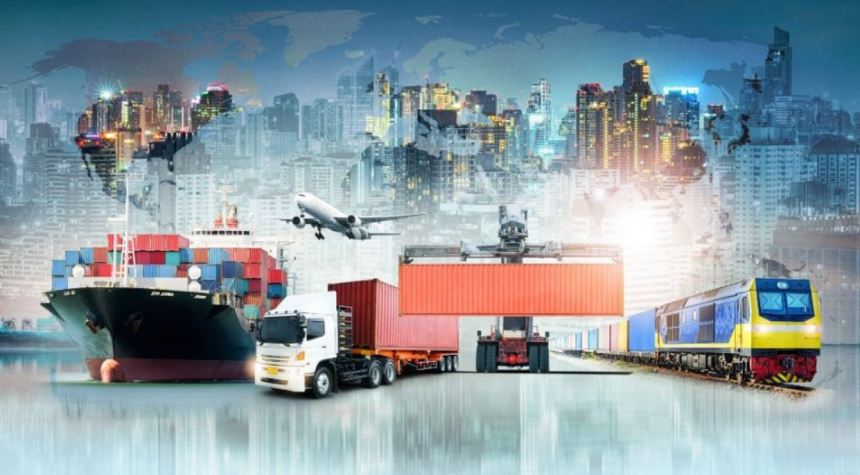Indonesia has always been a lucrative market for businesses looking to import their products. The country boasts a large and diversified economy, rich in natural resources with a burgeoning middle class. However, importing to Indonesia comes with its own set of challenges, particularly in terms of regulations and customs clearance. Therefore, businesses intending to import to Indonesia must be aware of the country’s import processes and regulations. In this blog post, we are going to share some tips and strategies that can help you achieve smooth importing to Indonesia.
Understand Indonesia’s Import Tariffs and Regulations
Indonesia has a complex regulatory framework for imports, with a range of customs regulations, tax laws, and import tariffs. Before importing goods into Indonesia, it is crucial to understand the country’s import rules and requirements. You need to obtain an import license from the government, and ensure that your products are compliant with Indonesian laws and regulations. The Indonesian customs and excise department regulates the import of goods, and they require extensive documentation to clear the goods. You must be aware of the customs and excise classification of the products you intend to import, and the applicable import tariffs, and excise duties.
Partner with a Reliable Freight Forwarder and Logistics Provider
One of the crucial elements of successful importing is finding a reliable freight forwarder and logistics provider. By partnering with a trusted logistics provider, you can ensure that your shipments are handled efficiently and safely. Partnering with a logistics provider that has an established network in Indonesia, can help you navigate the complex import regulations, and customs clearance processes. Your logistics partner will advise you on the necessary documentation required for customs clearance, as well as the duties and taxes required for import.
Plan Your Shipment and Be Prepared for Delays
During the import process, delays can occur due to various reasons such as, customs clearance, documentation errors, and issues with your product’s compliance. Planning ahead and knowing the potential pitfalls, can help to minimize delays and disruptions to your shipment. Work closely with your logistics provider to plan for the shipment, and be ready to provide extra documentation, or certifications, when customs or excise ask for them.
Learn about Indonesian Taxes and Duties
Indonesia has one of the most complex and internationally divergent tax and duty regimes. Learn about the applicable taxes and duties for your products, and make sure that you comply with them. Indonesian government applies value-added tax (VAT) on all products, imported or locally produced. Some products are subject to excise taxes, such as alcohol, tobacco, and petroleum products, which are also regulated by the Indonesian customs and excise department.
Use Electronic Systems for Your Import Shipment
Indonesia’s customs and excise department has an electronic system for customs clearance, which makes the process faster and more efficient. By submitting your import documents electronically, you can reduce the physical handling of documents, eliminating the risk of delay or loss of paper documents.
Importing to Indonesia can be challenging, but by following these tips and strategies, you can ensure that your shipments are handled efficiently and cost-effectively. It is essential to partner with a reliable logistics provider, plan ahead, and be prepared for delays. Understanding Indonesian import regulations and taxes, and using the electronic system for customs clearance can also help to ensure that your goods are delivered on time and in compliance with Indonesian laws and regulations. By being proactive and working closely with your logistics partner, you can achieve smooth importing to Indonesia, and tap into this lucrative market.













